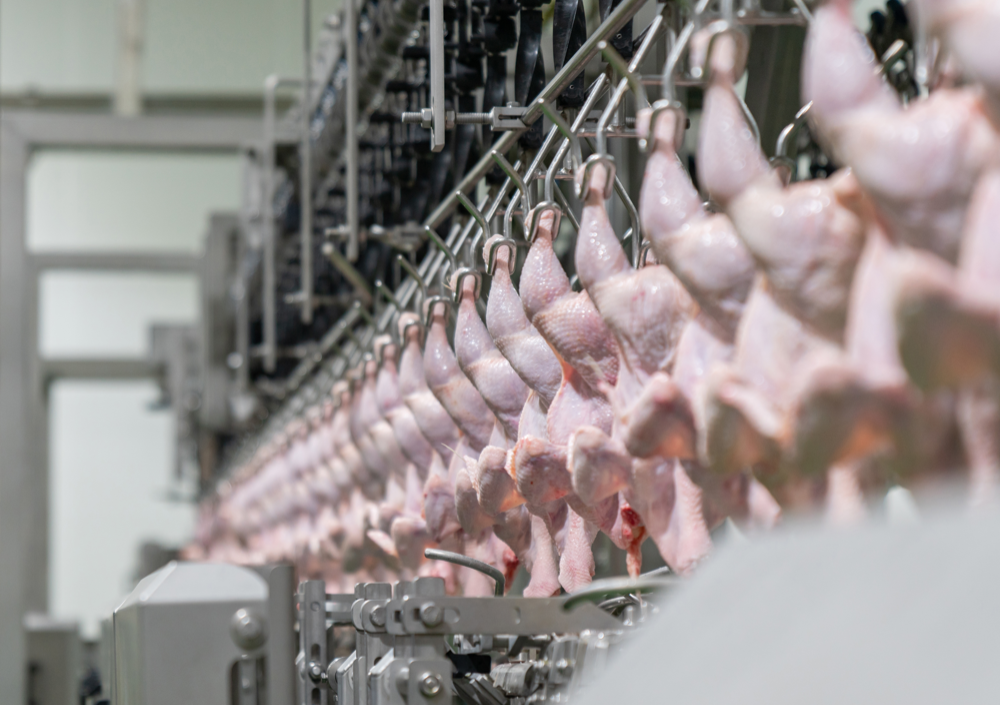Avoiding Recalls in Food Manufacturing
When it comes to food manufacturing, avoiding food recalls is a top priority. A food recall can cause irreparable damage to a company’s brand and cost millions of dollars to resolve. Recall management might seem like a fundamental topic, but too many companies still forget or neglect proper recall management practices. This blog will look at the main causes of a food recall, and how to minimize the risks of having products recalled.
In both the United States and Canada, there are multiple causes that can trigger a recall. According to foodsafety.gov most recalls fall into at least one of these three categories.
Food recalls due to bacteria or parasites
This is probably the category that comes to mind for most people when they think of a food recall. It isn’t difficult to think of a news story covering people getting sick (or worse) from food purchased at retailer or restaurant. Food manufacturers go to great lengths to reduce the risk of a recall due to organisms like E.coli, Listeria, and other bacteria or parasites.
Food manufacturers reduce the risk of recall due to organisms by using robust cleaning measures between each production shift. It is also important that a food manufacturer implements hardware that has a sanitation friendly design. Sanitation friendly designs remove potential bacteria traps by eliminating small areas that are tough to clean.
Food recalls due to foreign objects
Throughout the manufacturing process, objects like glass, plastic, or metal can end up in finished food products. These foreign objects can cause severe damage if ingested by the consumer. Many food manufacturers implement solutions like metal detectors and vision systems in their process to help minimize this risk. Preventive processes should also be established to minimize risk. For Example, requiring operators to remove all jewelry before entering the plant-floor helps reduce the potential risk of those foreign objects falling into food products.
Food recalls due to mislabeled products
Mislabeled products make up the majority of food related recalls. Mislabeling a product might seem like a minor issue, but most of the mislabeled products are recalled because of undeclared allergens. This can cause serious harm to consumers with allergies to food products. Another common labeling issue is simply applying the wrong label to a product.
A database driven labeling approach can reduce the risk of mislabeled products. Software solutions like Carlisle Technology’s iCap ensure label formats are created and controlled with approved label information. Using product barcodes also reduces risk by minimizing the chance of human error in the picking and shipping of products.
Minimizing food recall related risks
Knowing the most common reasons for product recalls can help focus a food manufacturer’s attention to the high-risk areas of their production process. While preventative measures a key in the fight against having a recall. It is also important to be prepared to act if a product gets recalled.
A food manufacturer can be prepared to react by keeping accurate records of their production batches. This helps track which products might be affected by a recall. Using an ERP type traceability system provides a food manufacturer with real-time production information. These types of traceability systems can drastically reduce the amount of time it takes to recall a product.
Carlisle Technology has been in the food traceability industry for over 30 years. We provide and support fully integrated plant-floor data collection and inventory solutions. Our solutions were designed to help food manufacturers reduce the risks associated with a food recall by enabling full internal traceability as well as process visibility.
Visit duz3.electronic-fittings.com/traceability to learn more about how we can help reduce the risks you face due to product recalls.
Written by: Andy Cumpton, Sales and Marketing – Carlisle Technology
Sign Up for Our Newsletter!
Receive updates on products, customer stories, and giveaways!
By submitting this form, you are consenting to receive marketing emails from: . You can revoke your consent to receive emails at any time by using the SafeUnsubscribe® link, found at the bottom of every email. Emails are serviced by Constant Contact



